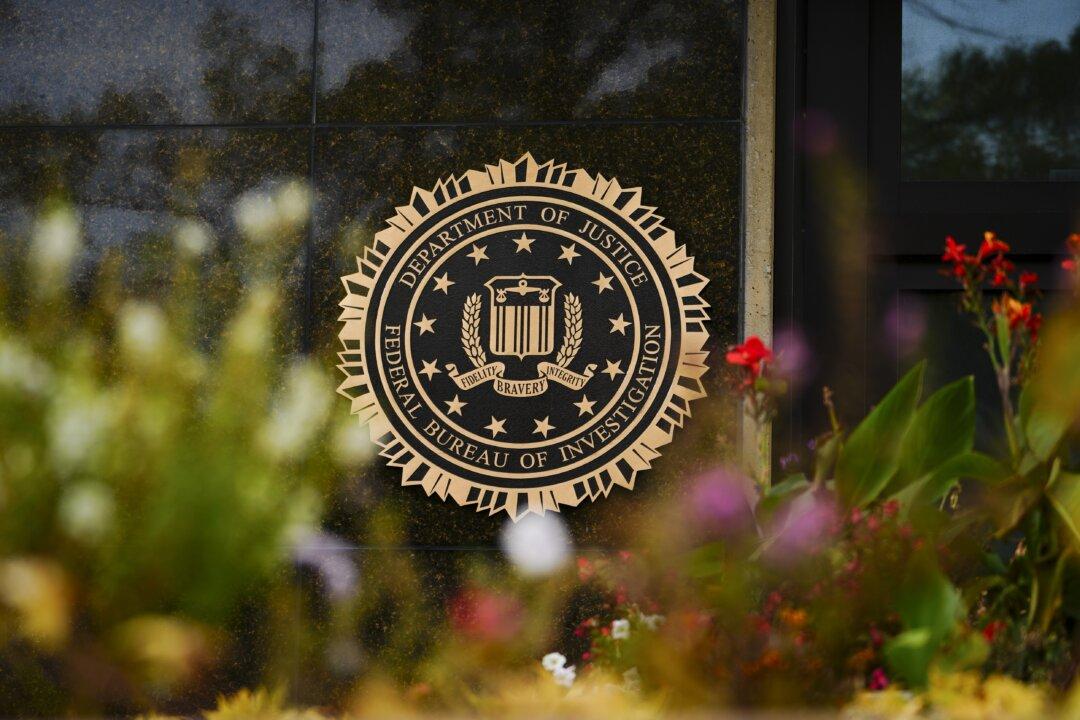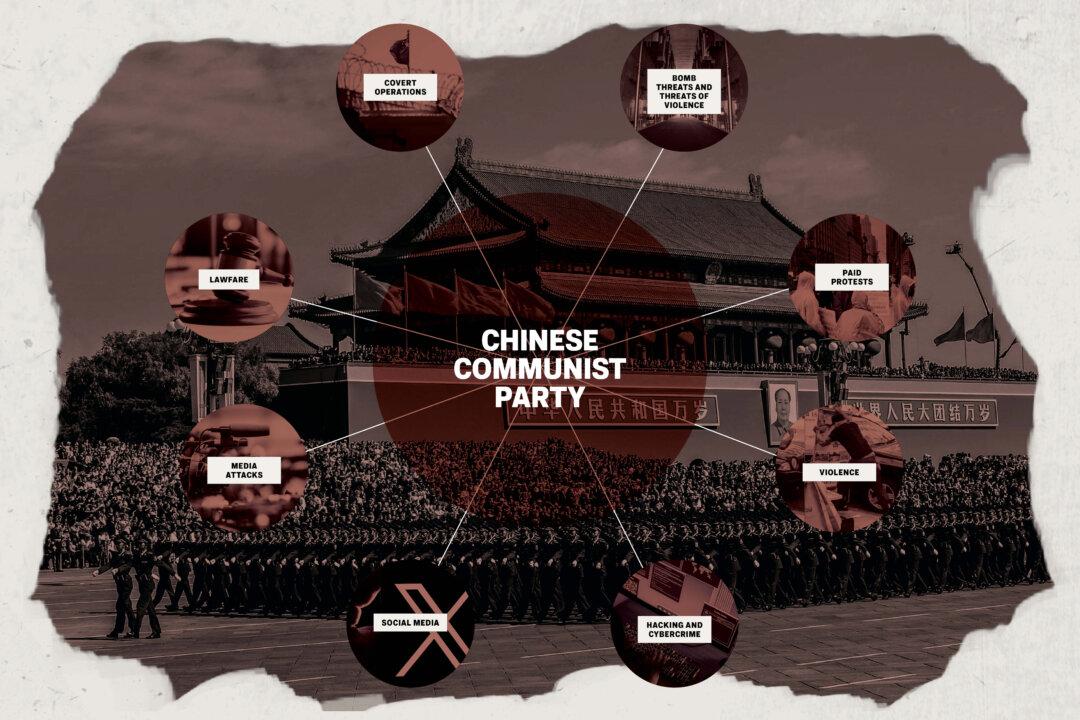Xu Qiliang, a former Chinese air force general who once commanded China’s army, has died in Beijing at age 75, according to Chinese state media.
Xu was the deputy chairman of the Central Military Commission between 2012 and 2022, overseeing the Chinese military force known as the People’s Liberation Army.
Chinese regime leader Xi Jinping in 2012 had just become the top Party leader. Over the next few years, Xi initiated political and military reshuffling and purged officials in an anti-corruption campaign. Xu was the vice leader for the group charged with reforming the military, which Xi created in 2014 and led.
A statement released through Chinese state news agency Xinhua extolled Xu as a “time-tested and loyal communist soldier” and “outstanding leader” of the Chinese army.
His death came amid a period of deep instability in the communist regime’s military. China has seen a series of military purges in recent years, with Xi initially using them to target top officials perceived as a threat to his power.
Xu, He, and Miao all had served in Fujian Province in southeastern China, where Xi worked for nearly two decades until 2002.
In another sign of the erosion of Xi’s power, Chinese state media have recently featured political slogans from Xi’s predecessor, Hu Jintao, while mentions of Xi’s leadership have noticeably become less frequent.
Born in 1950, Xu joined the military at 16 and became chief of staff of the Air Force’s Shanghai headquarters in his mid-30s. His connection with Xi goes back to the early 1990s when Xu was a corps commander for the Chinese Air Force in Fujian’s capital, Fuzhou, while Xi was a city-level official. The two had stood side by side for a photo, along with a few other Chinese military officials.
After Xi secured power, Xu quickly ascended into the Politburo Standing Committee, China’s second-highest decision-making body.
Xu proved instrumental in helping Xi solidify power.
In July 2014, Xu hosted the third meeting among the Central Military Commission’s top officials who oversaw military performance, and instructed them to expand their investigation efforts and set stricter discipline so as to “live up to the great trust of Chairman Xi.”
In the three years that followed, the Central Military Commission purged a number of high ranking military officials under Xu’s watch.







